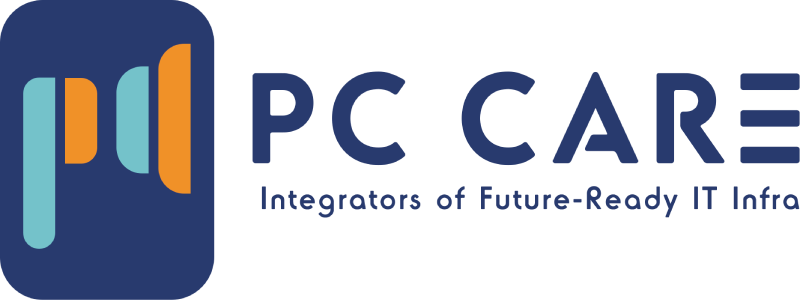In today’s digitally-driven world, the demand for efficient data management solutions continues to soar. Amidst this landscape, network-attached systems (NAS) have emerged as a cornerstone technology, offering businesses and individuals a robust platform for centralized storage, seamless access, and streamlined collaboration.
Understanding Network-Attached Systems
At its core, a network-attached system is a specialized device or server that is directly connected to a computer network, providing data storage and retrieval services to network clients. Unlike traditional storage solutions that are confined to a single computer or server, NAS facilitates shared access to files and resources across multiple devices, thereby enhancing collaboration and productivity.
Key Features and Benefits
- Centralized Storage: NAS consolidates data storage into a single, easily accessible location, eliminating the need for scattered files across various devices. This centralized approach not only simplifies data management but also ensures data consistency and security.
- Scalability: One of the most significant advantages of NAS is its scalability. As storage requirements grow, NAS systems can be easily expanded by adding additional drives or scaling up existing storage capacity, without disrupting operations.
- Remote Access: NAS enables remote access to files and resources, empowering users to securely retrieve, upload, and share data from anywhere with an internet connection. This feature is particularly valuable in today’s increasingly mobile and remote work environments.
- Data Protection and Redundancy: NAS systems often incorporate advanced data protection mechanisms such as RAID (Redundant Array of Independent Disks) to safeguard against data loss due to hardware failures or other unforeseen events. By automatically mirroring or backing up data, NAS ensures data integrity and resilience.
Use Cases
- Small and Medium-sized Businesses (SMBs): NAS solutions are particularly well-suited for SMBs seeking cost-effective storage solutions that offer scalability, reliability, and ease of management. From file sharing and backup to virtualization and surveillance, NAS caters to a wide range of business needs.
- Home Users: In the era of digital media consumption and smart homes, NAS has found a niche among home users looking to centralize and manage their multimedia libraries, backup personal files, and access content from various devices within their household.
- Creative Professionals: Photographers, videographers, and other creative professionals often deal with large volumes of high-resolution media files. NAS provides a convenient platform for storing, organizing, and sharing these files while facilitating collaborative workflows among team members.
Choosing the Right NAS Solution
When selecting a NAS solution, it’s essential to consider factors such as storage capacity, performance, data protection features, compatibility with existing infrastructure, and budgetary constraints. Additionally, evaluating the reputation and support offerings of NAS vendors can help ensure a smooth deployment and ongoing maintenance experience.
Conclusion
Network-attached systems have revolutionized the way organizations and individuals store, access, and manage data. With their versatility, scalability, and robust feature set, NAS solutions continue to play a pivotal role in addressing the evolving storage needs of modern enterprises and households alike. By harnessing the power of NAS, users can unlock new levels of efficiency, collaboration, and data resilience in an increasingly interconnected world.

